BVH staff confronts the use of racial slurs
On Aug. 17 in United States History and Women in American History Candice Devore’s third period class, Devore goes through a presentation addressing hate speech. In addition to this presentation, teachers were instructed to watch a special BVTV Broadcast with their students addressing the use of hate speech at Bonita Vista High.
“We cannot police what people say off campus, but here at school, teachers, staff and administrators are responsible for making it a safe place physically and emotionally for all students,” Advanced Placement (AP) US History, Ethnic Studies and Black Student Union (BSU) advisor Don Dumas said. “Which includes intervening when we hear derogatory racial slurs or any other type of slurs.”
On Aug. 17, Dumas addressed the use of the n-word on Bonita Vista High’s (BVH) campus through the BVTV broadcast. All teachers were directed to present this broadcast and additional slideshow to their students in order to bring awareness of the issue occurring on campus. Last week, BVH teachers and administrators were called to a faculty meeting where they addressed an issue between students involving the n-word.
“A few weeks ago on Friday there was a scuffle between a couple groups of students over the n-word being used in a derogatory way towards another student,” Dumas said.
During the faculty meeting, Dumas announced that he would be more than willing to record a video talking about why it is unacceptable for students to be using this derogatory word on campus, along with any other slur towards one another.
“[The issue of students using the n-word] has been in the minds of certain folks around here for over a year,” Dumas said. “The recent incident among the students served as a catalyst and made a lot of people look at it differently. So we [BVH staff] decided that we couldn’t wait any longer.”
In an email sent to all teachers by BVH Assistant Principal (AP) Esther Wise, she instructs how to handle a situation if there is use of the n-word or any other derogatory terms. In the email there is a link of a Google slides presentation to address actions that need to be taken if you hear hate speech on campus. This presentation states that “students will be told to stop and reminded about the consequences of a second offense.” It follows that if the student continues to use hate speech, they will be referred to the APs and will be given “other means of correction”.
In the BVTV broadcast, Dumas mentions the historical and systematic background of the use of the n-word and how it was made to dehumanize black people. He discusses the reasoning on why this word is extremely harmful and why teachers and other fellow students should speak up against it. He emphasizes how teachers should educate students and why they should refrain from using it.
“I’d hope that teachers would be aware of the fact that every time they let [the usage of deragatory language] slide, they are actually deciding to ignore the pain of other students who have to endure the discrimination they face daily,” Dumas said.
Dumas also discusses how forms of media can encourage those to use this word in order to seem “cool” or to “fit in” with the increasing popularization of African-American culture. He further adds how using the word “glorifies” this popular culture and will affect other students even if said unconsciously.
“You are taking the coolness from the black culture, but you never have to deal with the pain of being black in America,” Dumas stated in the broadcast. “You are taking the rhythm without the blues— and you don’t have a right to do that.”
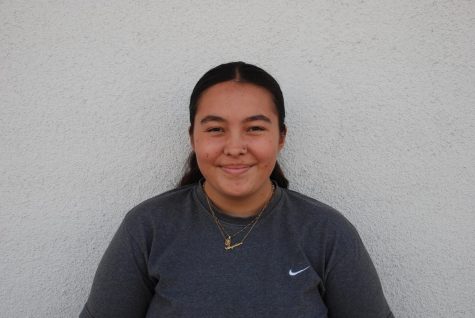
I am a senior at Bonita Vista High and this year's Editor at Large for the Crusader. This is my fourth year on staff, last year being an Arts and Cultures...

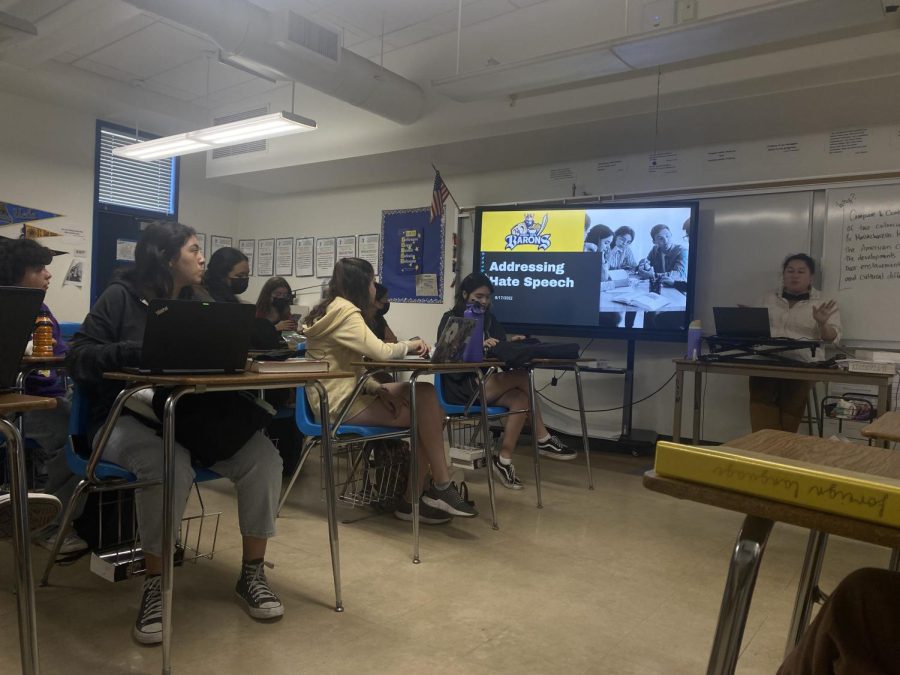




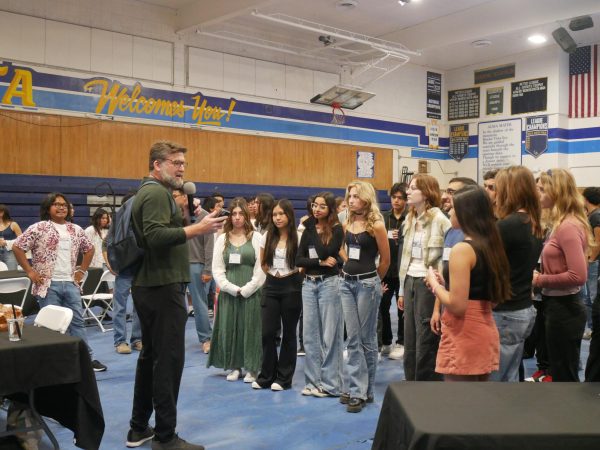
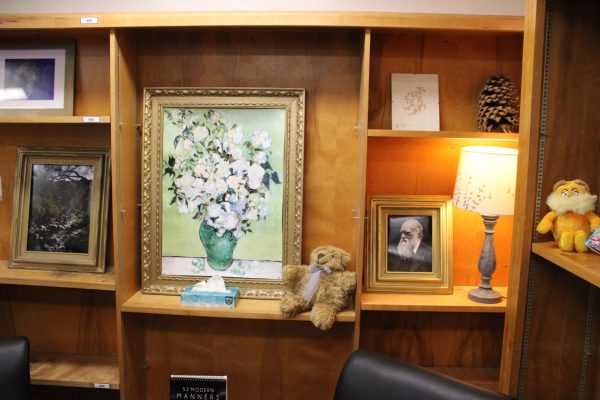
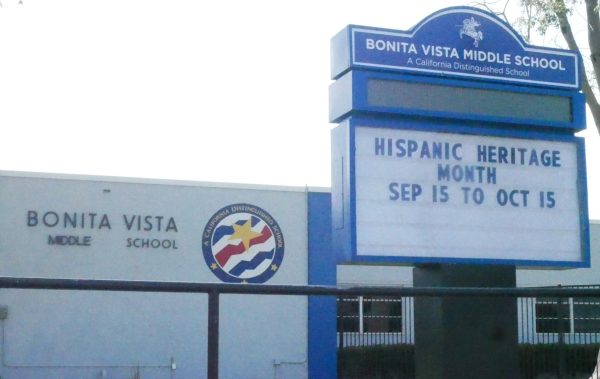
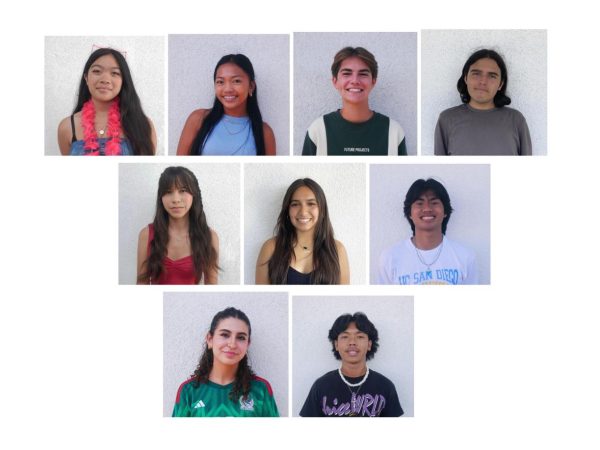
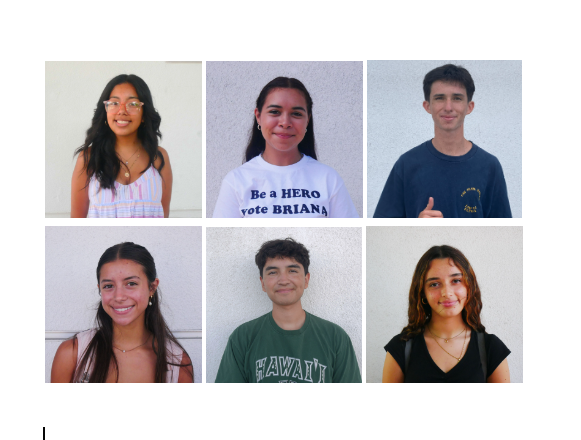
Pat Mascorro • Aug 19, 2022 at 1:58 pm
The inclusion of students in those responsible for addressing hate speech should not be forgotten. Fellow students have a significant impact on the behavior of others.
Also, should I assume the emphasis on Black people didn’t mean to exclude others of color in the student body?